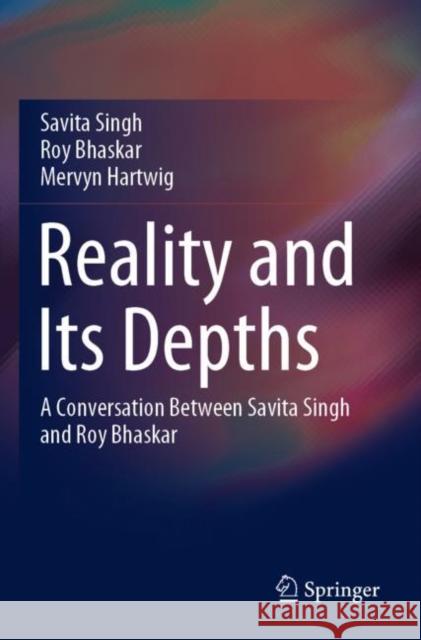Reality and Its Depths: A Conversation Between Savita Singh and Roy Bhaskar » książka
topmenu
Reality and Its Depths: A Conversation Between Savita Singh and Roy Bhaskar
ISBN-13: 9789811542169 / Angielski / Miękka / 2021 / 243 str.
Reality and Its Depths: A Conversation Between Savita Singh and Roy Bhaskar
ISBN-13: 9789811542169 / Angielski / Miękka / 2021 / 243 str.
cena 201,24
(netto: 191,66 VAT: 5%)
Najniższa cena z 30 dni: 192,74
(netto: 191,66 VAT: 5%)
Najniższa cena z 30 dni: 192,74
Termin realizacji zamówienia:
ok. 16-18 dni roboczych.
ok. 16-18 dni roboczych.
Darmowa dostawa!
Kategorie:
Kategorie BISAC:
Wydawca:
Springer
Język:
Angielski
ISBN-13:
9789811542169
Rok wydania:
2021
Wydanie:
2020
Ilość stron:
243
Waga:
0.45 kg
Wymiary:
23.11 x 19.81 x 1.27
Oprawa:
Miękka
Wolumenów:
01
Dodatkowe informacje:
Bibliografia











